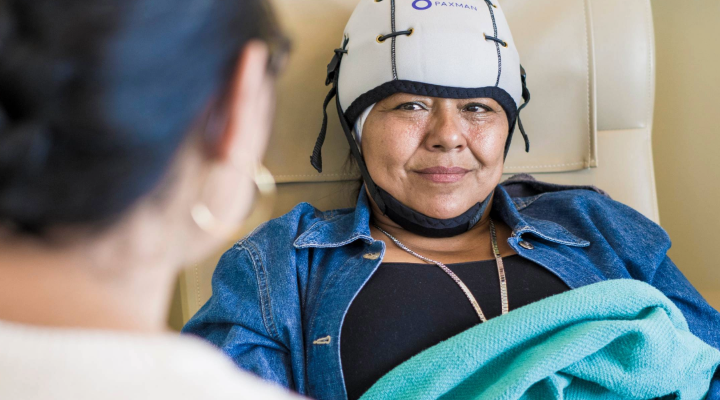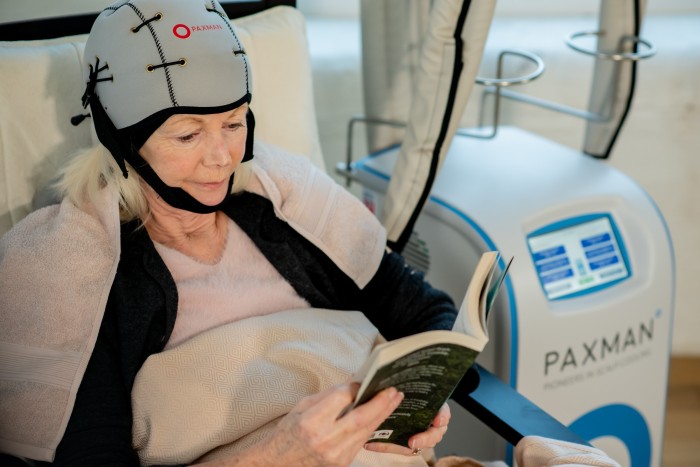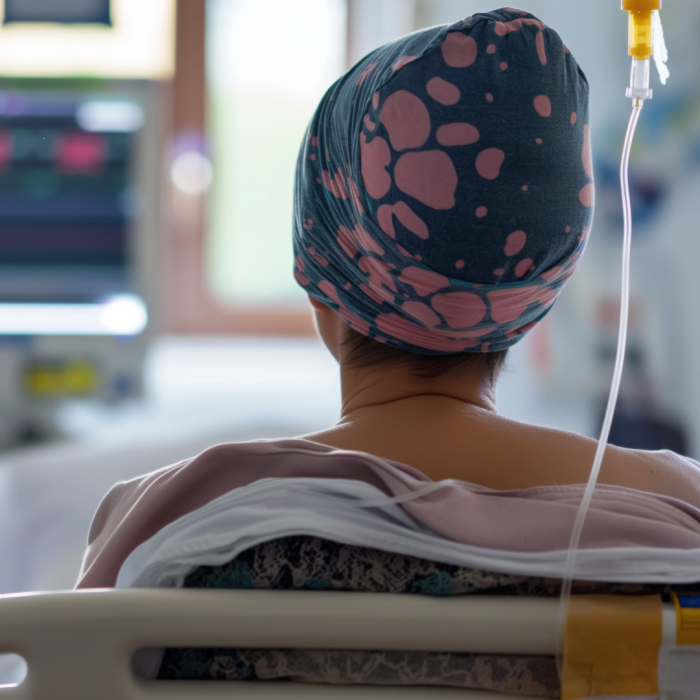Why scalp cooling matters
Chemotherapy is a standard treatment for patients with cancer, but it often leads to hair loss, which can have significant emotional and psychological effects.
Hair loss is consistently ranked among the most distressing side effects of chemotherapy, impacting self esteem and body image.
In fact, it is estimated that 8% of people refuse chemotherapy to avoid losing their hair.


